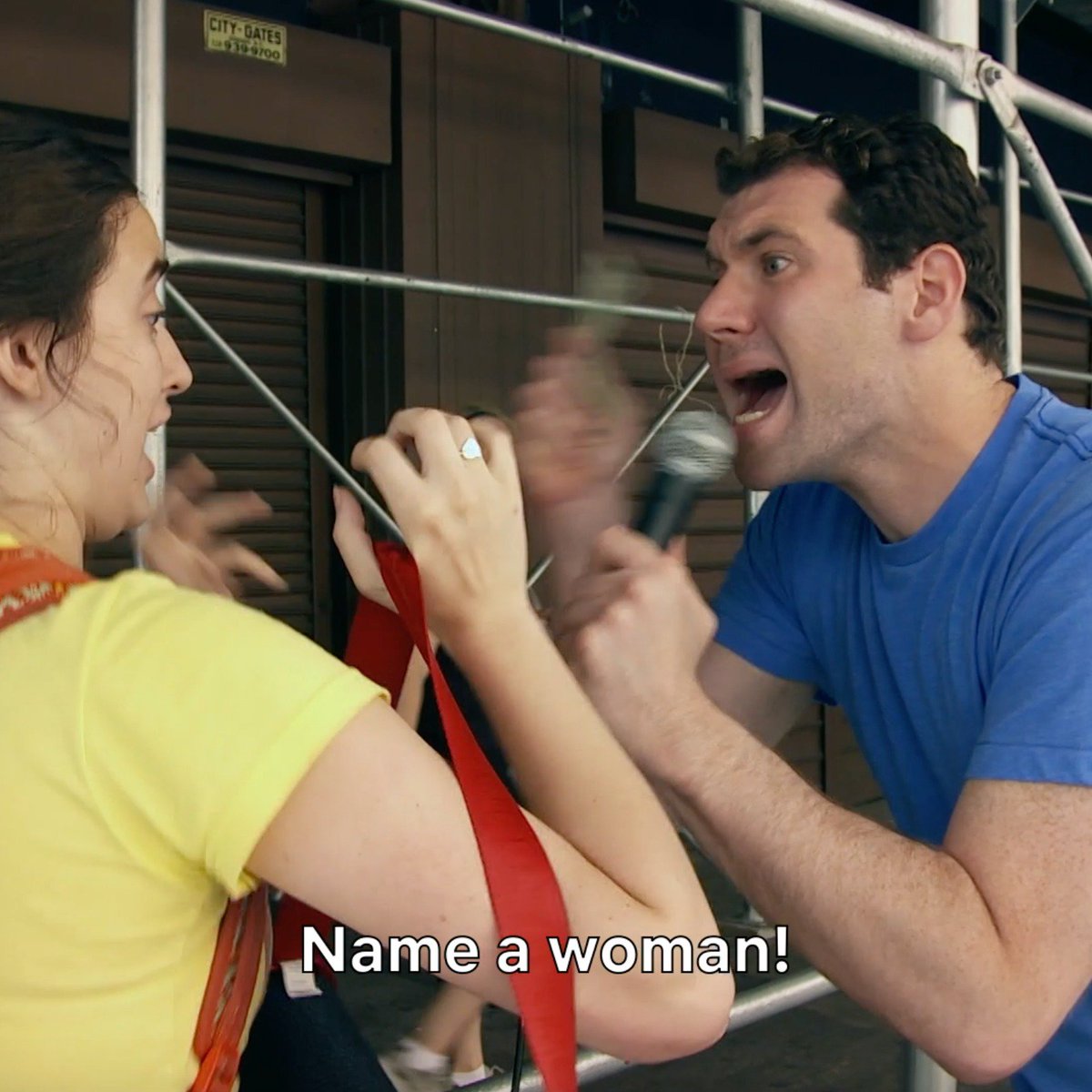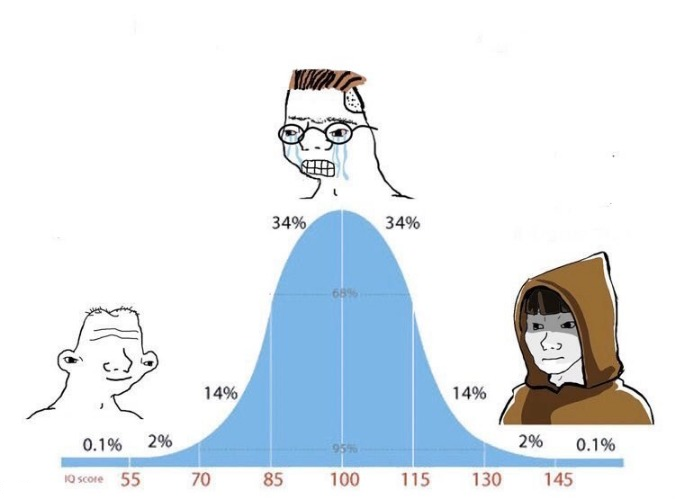critical_brain
A brilliant writer's ability to string together the perfect words to illustrate a thought or image is bewildering. I know these words, but I could never in one million years know that they were the ones to use.
I love the book The Waves by Virginia Woolf.
Against the brick wall the leaves of the pear tree tap and tap. I hear little cries and shivers of leaves in the thin grass. I see flowers bending and straightening themselves against the wall, and the flutter of their purple petals as the breeze passes through them.
I know all those words. A three year old probably knows all those words, because in this passage, she is writing from the perspective of a small child. The early sections of this book are what really stand out to me, because they are a showcase about what beauty is possible with such a limited palette. It is inspiring. But how does Virginia choose these specific words and put them in such a specific order?
When it is time to write something, you sit there with a point or an image or something, and are confronted with a swirling pool of every word you know. EVERY WORD YOU KNOW! That's so many words. Then you get into this situation:

It is overwhelming. Yet these authors seem to have no problem plucking the perfect little fishes out of that word pond and plating the more perfect thing you've ever seen.
I've been around enough to know it all just boils down to practice, unfortunately. That's why I'm writing on this site so much now. I am trying to inch closer to the edge of the word pool and get my hands wet every day.
I read a very interesting article in New Scientist earlier in September about some discoveries around a 'tipping point' or 'critical' point in the brain. The article was titled The crucial role of chaos in our brain's most extraordinary functions. In short, research is closing in on the idea that consciousness or brain function happens at the intersection of order and chaos. The closer we are to this tipping point, the higher our function is. They liken it to an avalanche or a wildfire - pure chaos would burn the place down all at once, but the other side of the spectrum wouldn't get it off the ground to begin with. A balancing act allows a burn to cascade out evenly and potentially forever as long as the balance remains.
I thought there were parallels to so many things - dancing, surfing, flying, etc. Humans (speaking for all humans here) are attracted to that edge of order and chaos. As the tumult of an ocean swell breaks just before a beach, we hop on our surf boards and ride that line between the order and chaos. A dancer leaping and spinning with precise balance. A rainbow. A runner's high. That perfect buzz from like two or three beers. More than that you start getting hammered sick and any less you’re basically sober. Honestly just think of anything you consider beautiful and realize that it sits on that tipping point. Our planet itself is in this perfect 'goldilocks zone' and we wouldn't even exist without our placement on this spot between ice cold space and the burning chaos of the sun.
Comments in the article about the critical point and creativity rang very true to me:
...the brain’s proximity to the critical point may be especially important for creativity – a form of thinking that isn’t measured in standard IQ tests. “Creativity emerges from the brain’s ability to explore novel ideas while maintaining enough structure to make them meaningful,” he says. “Criticality may provide the optimal neural environment for this process, allowing the brain to shift fluidly between spontaneous, divergent thought and focused, goal-directed reasoning.”
That is exactly it. Woolf is so familiar with the order and statis of life, reality, and expectations as well as the swirling chaotic gaseous cloud of words and thoughts. Her domain is the critical point between them - she knows how to condense that clouds into perfect little droplets that make sense to us on the shore. Someone falls all all the way into the cloud and doesn't make an attempt to bring order to it creates something totally inaccessible. My guess is that these supercritical states are what you see with schizophrenics. Like look at this reddit post of what a schizophrenic inmate created:

Maybe creative mathematical genius would otherwise drag these concepts (if there are actually any good ideas in there... maybe not the burning government stuff. or replicant stuff... honestly not a lot of math going on in there now that I look at it. still gonna leave it as an example) back towards order and add one more brick to the bridge between order and chaos. Basically, you can't just be 'out there' - you have to sit on the tipping point and fish back to shore.
The article goes on to comment on sleep and meditation:
“One of the functions of sleep – and perhaps its most important function – may be to allow the brain’s connections to be recalibrated and to return whole-brain dynamics to the critical point.”
As hypothesised, the researchers found that the focused Samatha meditation moved the brain away from the tipping point, while the Vipassana open-monitoring meditation moved the brain towards it. “They were able to make their brains even more critical than during normal resting wakefulness,” says O’Byrne, a co-author of the paper. The study is now available as a pre-print and is awaiting peer review. The results suggest that, with enough practice, it seems we can shift the brain’s activity at will, allowing us to achieve the perfect state of mind for the task at hand.
So what does it all get back to? Practice, sleep, and meditate? Yeah, we already knew that. What's next - neuroscientists discover that exercise and eating whole foods are good for you too?

I love a meme. Practice sleep meditate > neuroscientific revelation and investigation > practice sleep meditate.
Still it's very cool and I love reading about it.